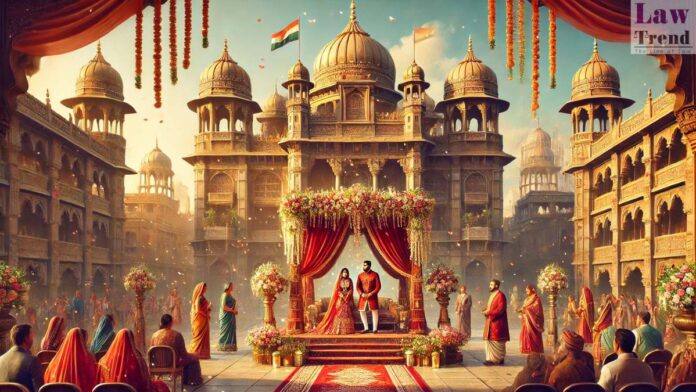In a landmark ruling, the Allahabad High Court highlighted the deep-rooted patriarchal biases in India’s legal marriage age structure, stating that the disparity in marriageable age for men and women reflects a “vestige of patriarchy” that remains entrenched in modern law. This observation was made in the context of First Appeal No. 213 of 2018,
To Read More Please Subscribe to VIP Membership for Unlimited Access to All the Articles, Download Available Copies of Judgments/Order, Acess to Central/State Bare Acts, Advertisement Free Content, Access to More than 4000 Legal Drafts( Readymade Editable Formats of Suits, Petitions, Writs, Legal Notices, Divorce Petitions, 138 Notices, Bail Applications etc.) in Hindi and English.




